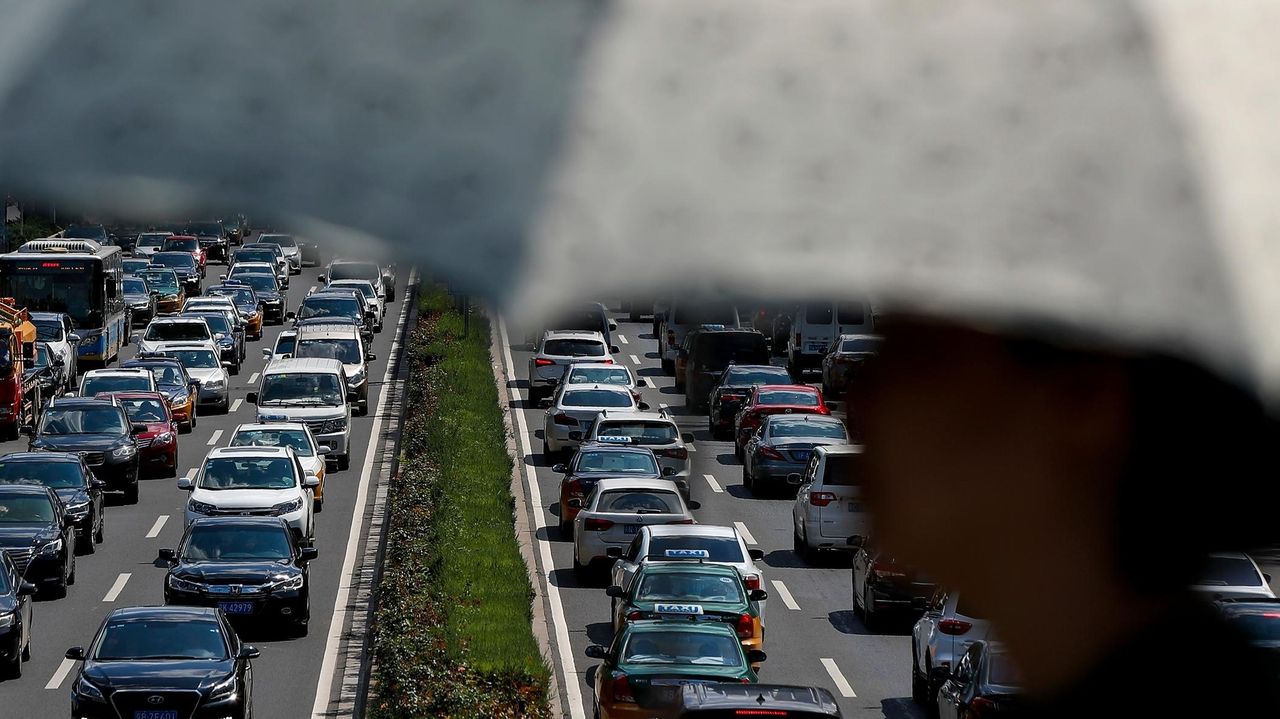BEIJING — China’s auto exports surged 63.7% in 2023 while sales at home, boosted by year-end incentives, rose 4.2%, an industry association said Thursday.
Chinese automakers have aggressively expanded exports in search of growth missing at home as China’s economy slows. Government subsidies have transformed China into the world’s largest market for electric vehicles, even as car sales have stagnated overall.
Auto sales in China totaled 21.9 million cars last year while exports jumped to 4.1 million, the China Association of Automobile Manufacturers reported. Domestic sales are down from a peak of about 24 million in 2017.
The surge in exports may propel China past Japan as the world’s number one exporter of cars. Japan exported 3.6 million cars in the first 11 months of the year, with a final tally expected on Jan. 31.
The manufacturers’ association does not provide a breakdown for electric vehicles, but data released earlier this week by the China Passenger Car Association showed that electric vehicles accounted for 24% of new car sales in China in 2023, up from 12% in 2021. Including hybrids, the share of new-energy vehicles in total sales reached 36% last year.
The Tesla Model Y was the best-selling electric vehicle in China last year, with 646,800 units sold, followed by the BYD Song sedan at 428,600 units, according to the passenger car association.
The Model Y retails for 266,400 to 363,900 yuan ($37,500 to $51,200), according to the Tesla website, and the BYD Song for 129,800 to 159,800 yuan ($18,300 to $22,500).
Fitch Ratings said in a report last month that it expects the share of new energy vehicles including hybrids in total sales to rise to 42%-45% in 2024. It also projected that exports would grow 20% to 30% this year.
The European Union, concerned about rising imports from China, opened a trade investigation last year into Chinese subsidies for electric vehicles. The investigation is ongoing.
Read the full article here

Leave a Reply